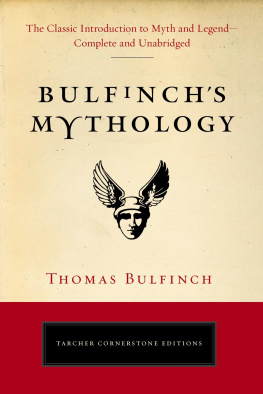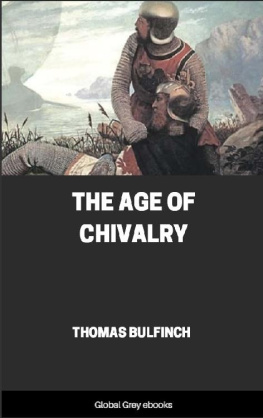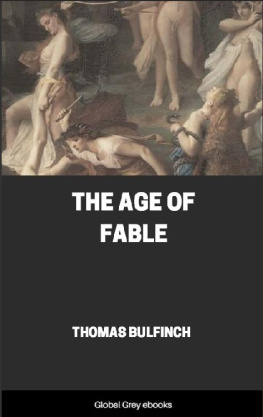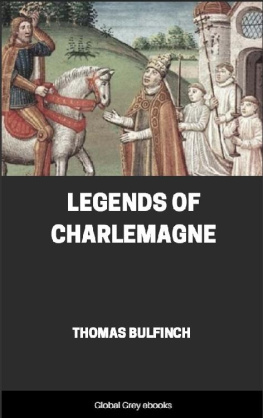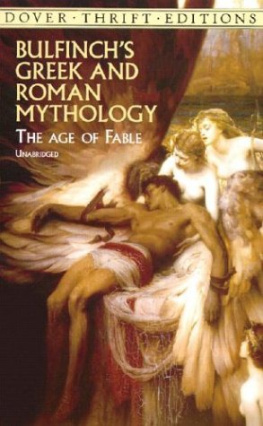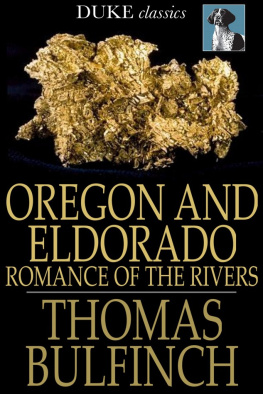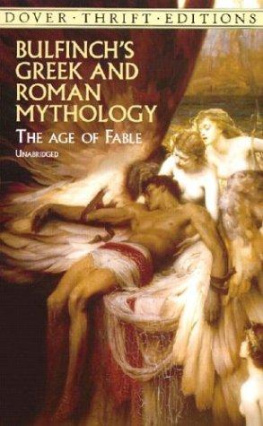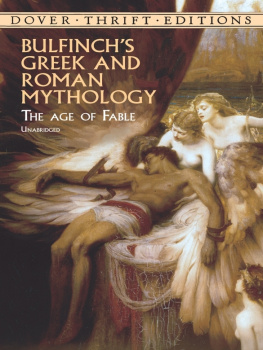T HE T ARCHER C ORNERSTONE E DITIONS
Tao Te Ching
by Lao Tzu, translated by Jonathan Star
The Essential Marcus Aurelius
Newly translated and introduced
by Jacob Needleman and John P. Piazza
Accept This Gift: Selections from A Course in Miracles
Edited by Frances Vaughan, Ph.D., and Roger Walsh, M.D., Ph.D.
Foreword by Marianne Williamson
The Kybalion
by Three Initiates
The Spiritual Emerson
Essential Works by Ralph Waldo Emerson
Introduction by Jacob Needleman
The Four Gospels
The Contemporary English Version
Foreword by Phyllis Tickle
The Hermetica: The Lost Wisdom of the Pharaohs
by Timothy Freke and Peter Gandy
Rumi: In the Arms of the Beloved
Translations by Jonathan Star
The Aquarian Gospel of Jesus the Christ
by Levi H. Dowling
Seven Years in Tibet
by Heinrich Harrer
Foreword by His Holiness the Dalai Lama
The Aquarian Conspiracy: Personal and Social
Transformation in Our Time
by Marilyn Ferguson
The New Religions
by Jacob Needleman
Loves Voice: 72 Kabbalistic Haiku
by Richard Zimler
The Power of Awareness
by Neville
The Essential Nostradamus
by Richard Smoley

JEREMY P. TARCHER/PENGUIN
Published by the Penguin Group
Penguin Group (USA) LLC
375 Hudson Street
New York, New York 10014

USA Canada UK Ireland Australia New Zealand India South Africa China
penguin.com
A Penguin Random House Company
Originally published 1913 by Grosset and Dunlap
First Jeremy P. Tarcher edition 2014
Penguin supports copyright. Copyright fuels creativity, encourages diverse voices, promotes free speech, and creates a vibrant culture. Thank you for buying an authorized edition of this book and for complying with copyright laws by not reproducing, scanning, or distributing any part of it in any form without permission. You are supporting writers and allowing Penguin to continue to publish books for every reader.
Most Tarcher/Penguin books are available at special quantity discounts for bulk purchase for sales promotions, premiums, fund-raising, and educational needs. Special books or book excerpts also can be created to fit specific needs. For details, write: Special.Markets@us.penguingroup.com.
Library of Congress Cataloging-in-Publication Data
Bulfinch, Thomas, 17961867.
Bulfinchs mythology : the classic introduction to myth and legendcomplete and unabridged / by Thomas Bulfinch.First Jeremy P. Tarcher edition.
p. cm.
ISBN 978-0-698-15427-8
1. Mythology. 2. Romances. 3. FolkloreEurope. 4. Charlemagne, Emperor, 742814RomancesAdaptations. I. Title.
BL312.B85 2014 2014002445
398.2dc23
Version_1
Publishers Preface
N o new edition of Bulfinchs classic work can be considered complete without some notice of the American scholar to whose wide erudition and painstaking care it stands as a perpetual monument. The Age of Fable has come to be ranked with older books like Pilgrims Progress, Gullivers Travels, The Arabian Nights, Robinson Crusoe, and five or six other productions of world-wide renown as a work with which every one must claim some acquaintance before his education can be called really complete. Many readers of the present edition will probably recall coming in contact with the work as children, and, it may be added, will no doubt discover from a fresh perusal the source of numerous bits of knowledge that have remained stored in their minds since those early years. Yet to the majority of this great circle of readers and students the name Bulfinch in itself has no significance.
Thomas Bulfinch was a native of Boston, Mass., where he was born in 1796. His boyhood was spent in that city, and he prepared for college in the Boston schools. He finished his scholastic training at Harvard College, and after taking his degree was for a period a teacher in his home city. For a long time later in life he was employed as an accountant in the Boston Merchants Bank. His leisure time he used for further pursuit of the classical studies which he had begun at Harvard, and his chief pleasure in life lay in writing out the results of his reading, in simple, condensed form for young or busy readers. The plan he followed in this work, to give it the greatest possible usefulness, is set forth in the Authors Preface.
Bulfinch died in 1867, with the following list of books to his credit: Hebrew Lyrical History, 1853; The Age of Fable, First Edition, 1855; The Age of Chivalry, 1858; The Boy Inventor, 1860; Legends of Charlemagne, or Romance of the Middle Ages, 1863; Poetry of the Age of Fable, 1863; Oregon and Eldorado, or Romance of the Rivers, 1860.
In this complete edition of his mythological and legendary lore The Age of Fable, The Age of Chivalry, and Legends of Charlemagne are included. Scrupulous care has been taken to follow the original text of Bulfinch, but attention should be called to some additional sections which have been inserted to add to the rounded completeness of the work, and which the publishers believe would meet with the sanction of the author himself, as in no way intruding upon his original plan but simply carrying it out in more complete detail. The section on Northern Mythology has been enlarged by a retelling of the epic of the Nibelungen Lied, together with a summary of Wagners version of the legend in his series of music-dramas. Under the head of Hero Myths of the British Race have been included outlines of the stories of Beowulf, Cuchulain, Hereward the Wake, and Robin Hood. Of the verse extracts which occur throughout the text, thirty or more have been added from literature which has appeared since Bulfinchs time, extracts that he would have been likely to quote had he personally supervised the new edition.
Finally, the index has been thoroughly overhauled and, indeed, remade. All the proper names in the work have been entered, with references to the pages where they occur, and a concise explanation or definition of each has been given. Thus what was a mere list of names in the original has been enlarged into a small classical and mythological dictionary, which it is hoped will prove valuable for reference purposes not necessarily connected with The Age of Fable.
Acknowledgments are due the writings of Dr. Oliver Huckel for information on the point of Wagners rendering of the Nibelungen legend, and M. I. Ebbutts authoritative volume on Hero Myths and Legends of the British Race, from which much of the information concerning the British heroes has been obtained.
Authors Preface
I f no other knowledge deserves to be called useful but that which helps to enlarge our possessions or to raise our station in society, then Mythology has no claim to the appellation. But if that which tends to make us happier and better can be called useful, then we claim that epithet for our subject. For Mythology is the handmaid of literature; and literature is one of the best allies of virtue and promoters of happiness.

